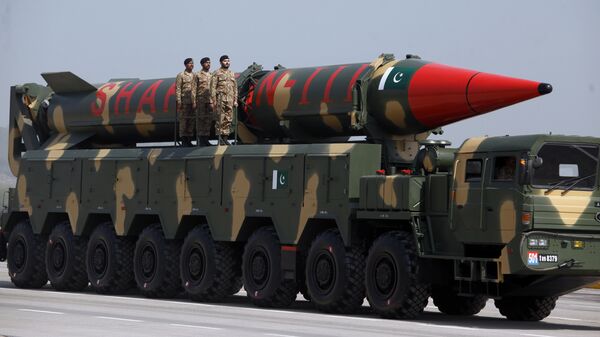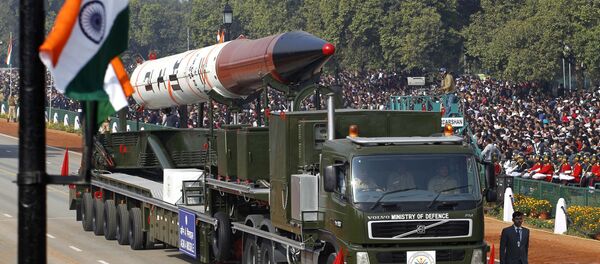"Countries that develop their missile programs should act in accordance with relevant international obligations. We do not see any obstacles for Pakistan to develop its missile program," Ryabkov said.
READ MORE: India Rules out Talks Until Pakistan Takes THIS STEP
The diplomat recalled that there were certain export control regimes and other obligations as part of international treaties.
"We are against measures that could lead to an escalation of the situation, including in such a sensitive region as South Asia, but in this case we believe that every state has a sovereign right to take care of its own security," he added.
Pakistan’s test launch follows the recent escalation of tensions between Islamabad and New Delhi, two nuclear-armed rivals, in which the sides exchanged a series of airstrikes in the disputed Kashmir region. The new standoff broke out in the region in the wake of a deadly attack on Indian military personnel in Kashmir on February 14, claimed by the Pakistan-based Jaish-e-Mohammed terrorist group.
Both India and Pakistan are de facto nuclear powers since they conducted their first nuclear tests in 1974 and 1998 respectively. The countries, however, are not parties to the Treaty on the Non-Proliferation of Nuclear Weapons.



